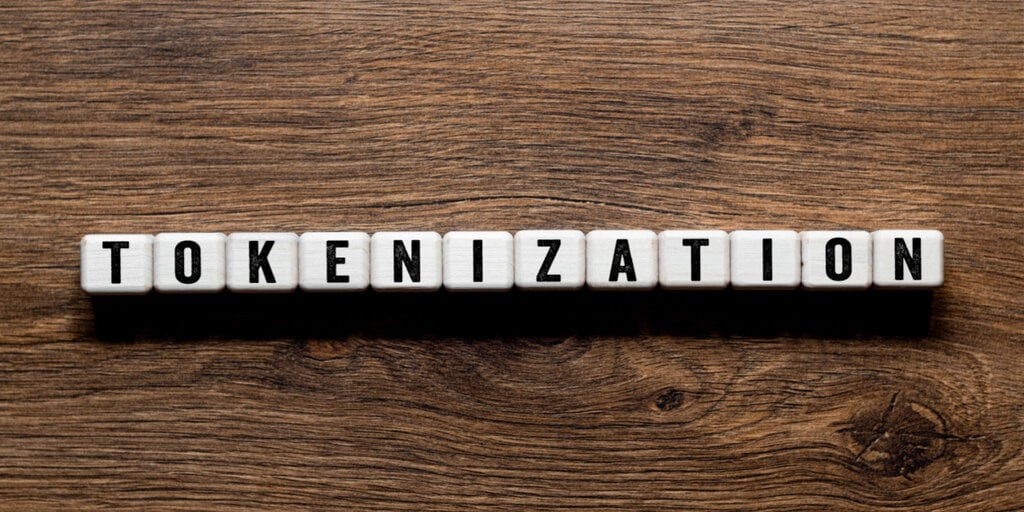
The tokenization of real assets (RWA) is gaining significant momentum, with industry forecasts suggesting the value will reach around $50 billion this year.
Initially, RWA tokenization represents real assets such as bonds, real estate or private credit as digital tokens on the blockchain, enabling these traditionally illiquid assets to be traded and managed more efficiently.
In fact, tokenization allows traditional financial institutions to segment ownership, automate compliance, and access markets around the clock.
“RWA tokenization has been making huge strides recently. The real question for 2025 is: How many assets will be integrated into this system, and how quickly will global adoption spread?,” said Moataz Al-Sayed, co-founder of non-custodial wallet Okse. Decryption.
The total value locked in token assets reached more than $176 billion in 2024, representing a 32% increase year to date, with non-settled assets growing by 53%, in 2024. a report From the Asset Alliance Token (TAC) offering.
BlackRock paves the way
RWA tokenization is “transforming finance” as BlackRock works to “drive adoption” through stablecoins and other permissioned services, said Neil Wynn, head of global business development at Kronos Research. Decryption.
“Real estate, Treasuries, and other assets have become liquid on the blockchain, unlocking more than $18 billion in market value with significant growth potential on the horizon.”
Black Rock Fired Its landmark fund in March last year, followed by other institutions such as Franklin Templeton It launches on Arbitrum, an Ethereum Layer-2 network.
Major institutions such as McKinsey claim The token offers financial institutions a “strategic advantage” while warning them of “pessimistic and optimistic scenarios” that could range from $1 trillion to $4 trillion in sector valuations by 2030.
Major financial institutions that have entered this field have demonstrated the growth of the sector. Standard Chartered Expected $30 trillion in tokenized assets by 2034, while Boston Consulting Group estimated $16 trillion in tokenized illiquid assets by 2030.
Decentralized credit market shared with Clearpool Decryption Ozean, the RWA-focused protocol you're building, has onboarded more than 368,000 unique accounts for its Poseidon com. testnet.
“While RWA use cases are currently dominated by Treasuries and tokenized stablecoins, the future holds increasing traction in real estate, private credit, and other asset classes like commodities,” said Jacob Kronbichler, CEO and co-founder of Clearpool. Decryption In an interview.
Clearpool He claimed In its Q4 report it processed more than $650 million in total loans originated for Q4 2024 alone, achieving a 51% increase in total value closed.
“BlackRock’s credibility in the RWA movement paves the way for other institutions to follow suit,” Cronbichler said. Decryption.
Private credit has proven particularly hot, with Clearpool Prime taking out $124 million in loans since its launch in December 2023.
Innovations and transformations
This rise reflects a broader trend of traditional financial institutions preparing for tokenized markets, according to Word. research From the DeFi liquidity protocol Tren Finance.
Executives across broader sectors are also paying attention. The TAC report shows that about 86% of Fortune 500 executives now see the benefits of coding, with 35% already setting up coding projects.
“Tokenization offers many advantages, solving a variety of problems in TradFi,” Cronbichler explained, citing use cases for liquidity, fractional ownership, automation, transparency and programmability.
And innovation in closet products hasn't slowed down either. Platforms are rolling out features that institutional investors have been craving, such as around-the-clock redemptions and peer-to-peer transfers — making blockchain-based finance look increasingly attractive to an altcoin audience.
Cronbichler also points to recent political shifts in the US, which he sees as catalysts that could push traditional finance “to engage with equity assets.” In December of last year, President-elect Donald Trump His name is Paul Atkins To lead the US Securities and Exchange Commission.
This appointment is critical because Atkins “brings experience that can drive regulatory transparency and accelerate institutional adoption,” Kronbichler noted.
Atkins is a member of the advisory board of SecuritizationClearpool's specialized tokenization partner and collaboration with BlackRock.
Modified by Sebastian Sinclair
Daily debriefing Newsletter
Start each day with the latest news, plus original features, podcasts, videos and more.
Source link
